
Newsletter
Thermal coal's Coasian bargain
Paying coal plants to retire early is a viable route to net zero

Newsletter
Paying coal plants to retire early is a viable route to net zero
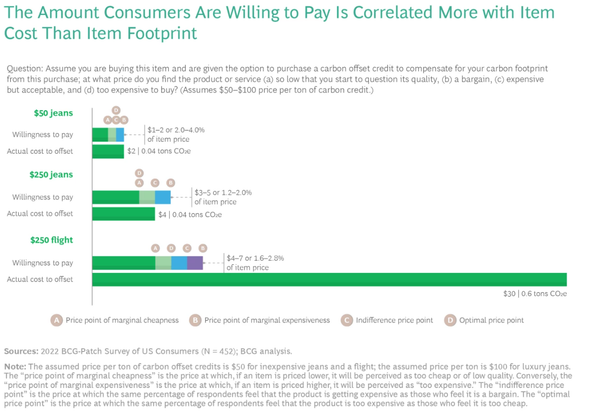
Newsletter
When you think of carbon offsets and individual consumers, what normally comes to mind are airlines giving passengers the option to offset the emissions involved with jetting off on holiday, or taking a business trip. Other parts of the travel industry, such as the hotel sector, have begun offering carbon
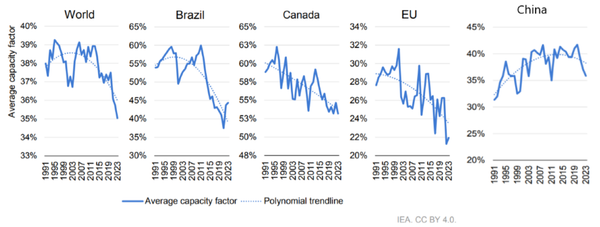
Newsletter
Climate change threatens hydropower's under-appreciated role in the energy transition
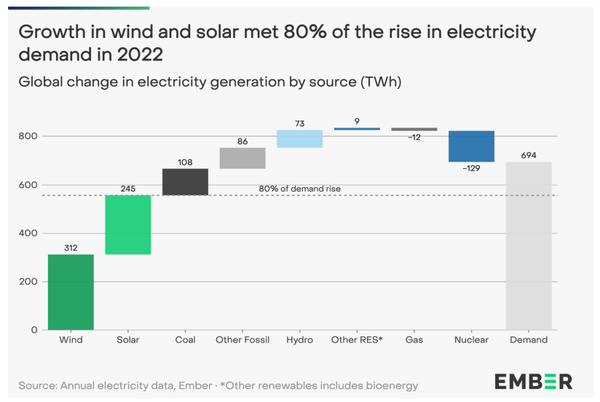
Newsletter
“Our society is being propelled forward by several new innovations - computing and artificial intelligence, renewable electricity and energy storage, breakthroughs in biology and manufacturing. These innovations are improving in ways that we don’t yet fully understand. What makes them unique is the fact they are developing: at an
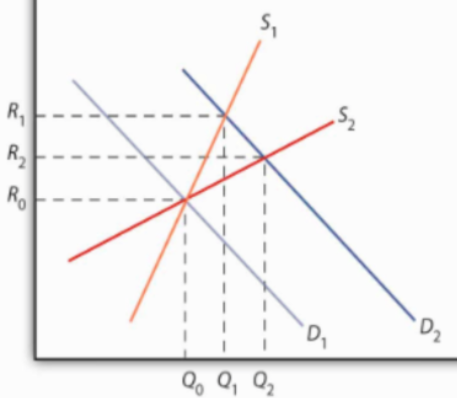
Newsletter
Workers in Europe are about to leave their desks behind, and depart for the beaches of the Med, bracing themselves for the brutal heatwave afflicting much of southern Europe. For Europe’s carbon traders looking to escape the volatility for a couple of weeks, the EU carbon market often has
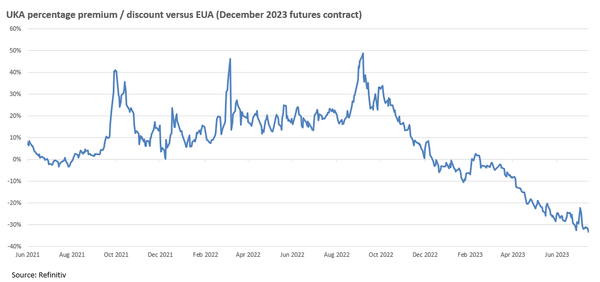
Newsletter
The state of play in the UK carbon market
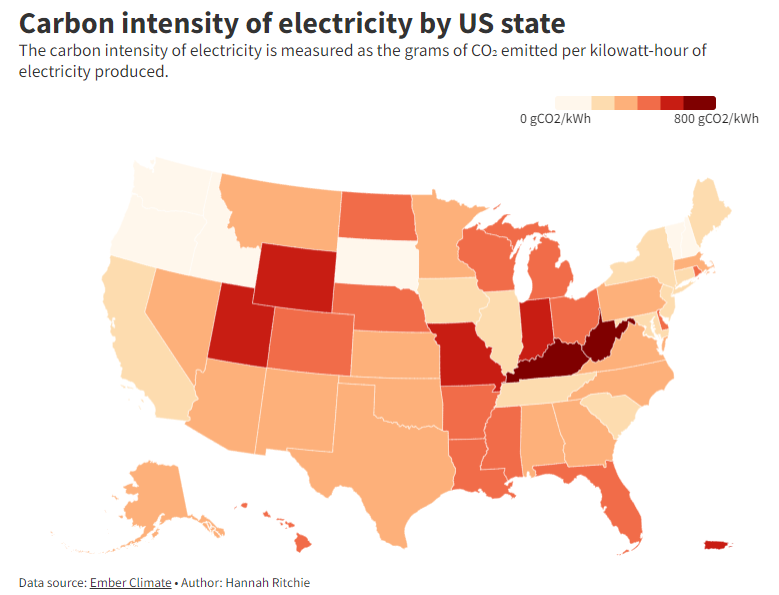
Newsletter
The overall carbon intensity of US electricity generation has declined by around one-third during the 21st Century, from 538 grams of CO₂ emitted per kilowatt-hour (gCO2 per kWh) in 2001 to 367 gCO2 per kWh in 2022. The US compares favourably to the global average (436 gCO2 per kWh), but

Newsletter
Delay in implementing levy on global shipping emissions leaves decarbonisation all at sea
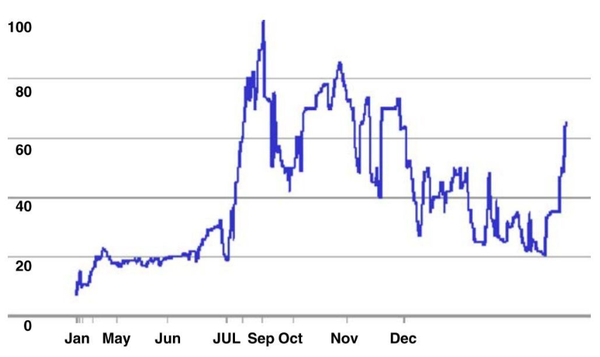
Newsletter
BP is often derided for vacuous slogan’s like “Beyond Petroleum”. However, the oil major was a pioneer in implementing unconventional ideas that have since been instrumental in cutting emissions. In a speech at Stanford University in May 1997, BP CEO John Browne (now Lord Browne) announced that BP would

Newsletter
The conventional argument behind the introduction of climate policies (such as carbon pricing, subsidies for renewable energy, and energy efficiency), is that consumers of energy will respond by switching over to lower carbon energy sources and becoming more energy efficient. Meanwhile, producers of fossil fuels, who now expect demand for
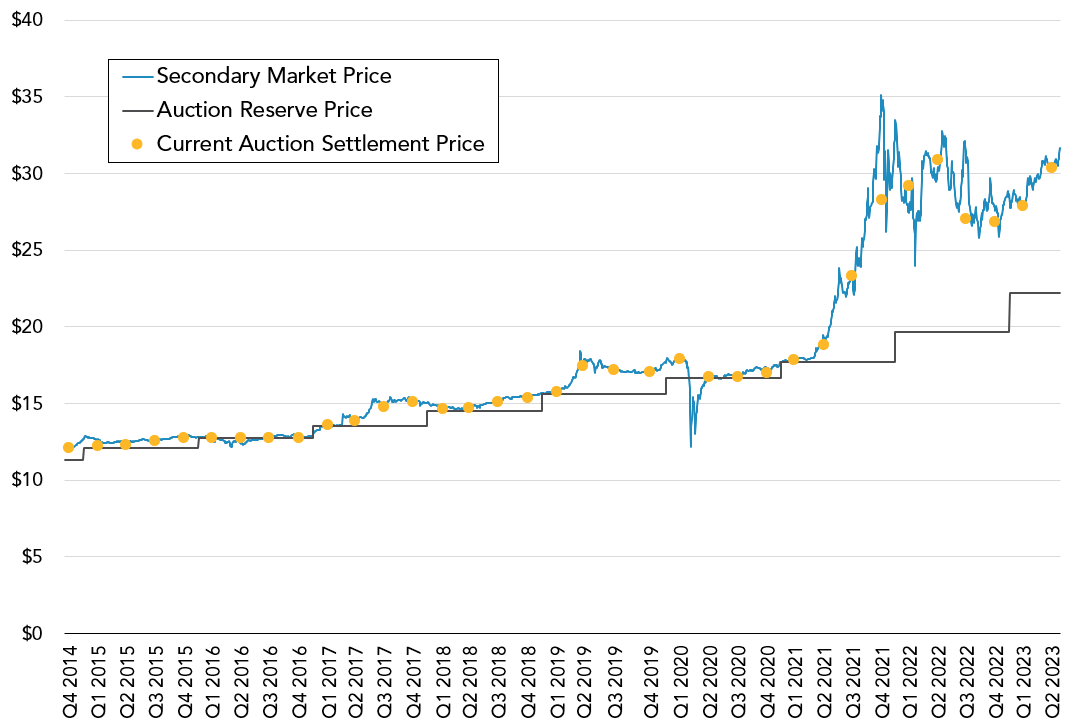
Newsletter
A major compliance deadline in the California carbon market is approaching in November 2024. The race to secure sufficient emission allowances could spark the next big upward move in the state’s carbon price. Normal procedure requires obligated entities to surrender Californian Carbon Allowances (CCA’s) equal to 30% of

Newsletter
Everything you need to know about carbon credits sourced from the ocean